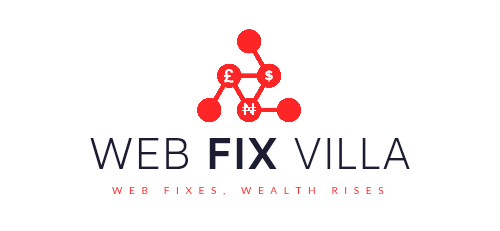
Introduction
Imagine being able to secure insurance for your health, property, or life with just a few hundred naira. That’s the essence of microinsurance—an innovative financial solution designed to make insurance accessible and affordable for Nigerians in the informal sector and low-income brackets.
In a country where many live on modest earnings and lack access to conventional insurance, microinsurance is emerging as a lifeline. This article delves into what microinsurance entails, how it functions, and why it’s becoming essential for financial protection among underserved populations.
Understanding Microinsurance
Microinsurance is tailored specifically for individuals with limited incomes. It provides straightforward, low-cost insurance plans that cover common risks like illness, accidents, property damage, and death.
Here’s what sets microinsurance apart from traditional insurance policies:
- Affordable premiums (ranging from as low as ₦100 to ₦1,000)
- Short-term or flexible policy durations
- Hassle-free sign-up and claims processes
- Coverage designed for specific needs such as health, farming, or small businesses
The objective is not only to offer insurance but to make it practical and relevant for people operating outside the formal banking or insurance systems.
Why Microinsurance Matters in Nigeria
With one of the lowest insurance adoption rates in Africa, Nigeria faces a significant coverage gap—especially among rural dwellers, small-scale traders, farmers, and daily wage earners. Many of these individuals navigate life without any financial safety net in emergencies.
Microinsurance helps close this gap by delivering affordable protection directly to the people who need it most. This is made possible through:
- Mobile technology and telecom providers (e.g., paying premiums via airtime deductions)
- Digital wallets and mobile banking platforms
- Agent networks and on-the-ground intermediaries
- Partnerships with cooperatives and trade groups
Notable organizations in Nigeria’s microinsurance ecosystem include:
- LAPO Microinsurance, offering health and life cover for low-income earners
- MicroEnsure, which delivers mobile-friendly insurance options
- AXA Mansard in partnership with MTN’s Y’ello Cover, providing health insurance via mobile subscription services
These initiatives bring insurance closer to Nigerians—both physically and financially—especially those often excluded from traditional insurance frameworks.
Key Advantages for Low-Income Individuals
- Affordable Premiums
Designed for affordability, microinsurance enables even daily earners and small business owners to get coverage without straining their finances. - Easy Access
Enrolling is quick and user-friendly. Through USSD codes, mobile platforms, or agent assistance, individuals can sign up without internet access or paperwork—a major plus for rural communities. - Customized Policies
Microinsurance often focuses on specific needs, such as:
- Health coverage for hospital visits and medication
- Life insurance to support loved ones after a loss
- Agricultural protection for farmers facing pests, drought, or disease
- Small business cover for market traders and entrepreneurs
- Flexible Terms
Unlike traditional annual plans, microinsurance allows for weekly or monthly renewals, offering policyholders more control over their protection. - Financial Safety Net
When unforeseen events like illness, death, or property damage occur, microinsurance provides a cushion—helping individuals bounce back without borrowing money, selling assets, or relying on external help.
Conclusion
Microinsurance is more than a policy—it’s a path to greater stability and self-reliance. By providing low-cost, accessible insurance options, it empowers millions of Nigerians to safeguard their health, income, and future.
Whether you’re a roadside vendor, a farmer in the village, or a small business owner in the city, microinsurance offers a simple yet powerful way to protect what matters most.
Call to Action:
Don’t wait for misfortune to strike. Start exploring microinsurance today and take a small but meaningful step toward a safer, more secure future. Even ₦100 can make a difference.





